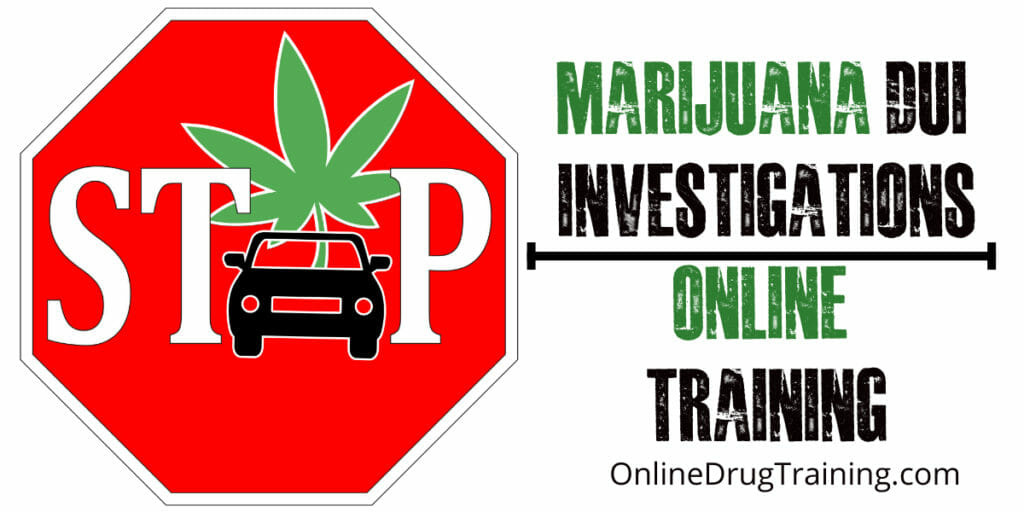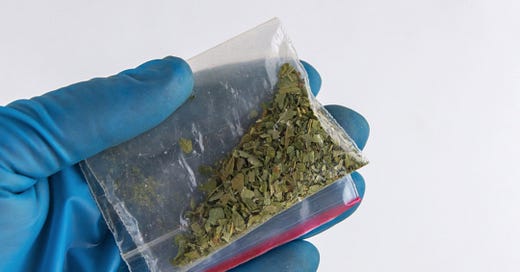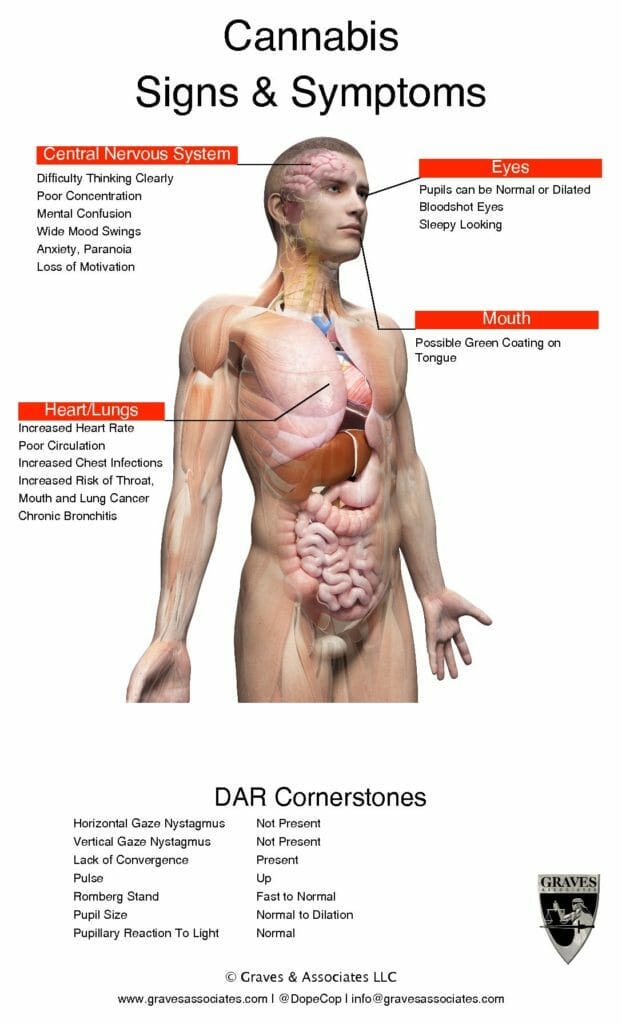The 6 Things You Need to Know about Delta-8-THC
What is Delta-8-THC?
Delta-8-THC is a cannabinoid that is both psychoactive and intoxicating. It's a delta-9-THC isomer with similar effects, including euphoria, although it's said to be less strong (50%-75% potency of Delta 9). An isomer is two or more compounds with the same formula but a different arrangement of atoms in the molecule and different properties. Delta-8-THC is available in a variety of forms, including edibles, tinctures, and other products, and is widely used to treat anxiety, sadness, and pain. Because of a lack of regulation in the drug's manufacture, the content, purity, and delta-9-THC content of delta-8-THC items branded as delta-8-THC varies.
Why is Delta-8-THC so popular?
The delta-8-THC craze began when the price of CBD produced from US-grown hemp plummeted because of an overstock. Producers began exploring for methods to transform the CBD surplus into a successful business. The industry got inventive and started experimenting with ways to convert CBD into delta-8-THC using simple chemistry reported in the 1960s. The resulting products are aimed at people wishing to reduce tension and anxiety, particularly those who don't want to use traditional cannabis products or who live in areas where cannabis is illegal.
How is Delta-8-THC Made? What is in it?
Natural delta-8 products are difficult to come by. While the cannabinoid is found in cannabis, its low concentration makes extraction an unpopular procedure. Instead, most companies create delta-8 products by converting hemp-derived cannabinoids, such as CBD, into the molecule. Delta-8 products have become more inexpensive for many users because of a simple lab technique called cannabinoid conversion.
The conversion of cannabinoids is straightforward. The following is a popular method for converting CBD to delta-8.
Create a CBD isolate: The hemp extract must first be refined to 98 percent CBD before the conversion can proceed. All additional cannabinoids and terpenes are removed from the extract during the filtration process.
Combine With a Solvent and Acid: Manufacturers add a non-polar solvent, such as heptane, to the mixture before adding the acid. They add an acid reagent after it has fully dissolved to produce the chemical reaction and cannabinoid conversion. The solution is then agitated continuously for at least 3 hours, usually using a stirring plate. The solution is held at ambient temperature or heated, depending on the recipe.
Neutralize and Clean the Solution: Delta-8 production can cause several undesirable byproducts, including solvent and acid residue. As a result, it's critical to clean and filter the solution. A distilled water and sodium bicarbonate wash, as well as a rotary evaporator, are commonly used.

Can You Test Positive on a Urine Test at Work/DRE's and Toxicology
Most items marketed as delta-8-THC are not genuinely pure delta-8-THC because of a lack of regulatory monitoring and insufficient laboratory testing. These products usually have a high percentage of delta-8-THC and just trace levels of other cannabinoids, such as delta-9-THC, and reaction by-products. For this reason, some people may test positive. A workplace urine test, or a test used by toxicologists in DUI cases, look for metabolites of Delta 9 THC. Since a good deal of Delta 8 products also have Delta 9, it is possible to test positive.
For our readers that are Drug Recognition Experts or trained in DAR, you will need to ask the lab to test for Delta 8 THC specifically if you have a Delta 8 DUI. We will have more information below about signs and symptoms of intoxication.
Is Delta-8-THC Dangerous for the User?
According to the CDC, from January 1 to July 31, 2021, the American Association of Poison Control Centers (AAPCC) began monitoring adverse events linked to delta-8 THC and discovered 660 complaints of delta-8 THC exposure, approximately 20% of which required hospitalization. Nearly 40% of the instances involved youngsters under the age of 18. Manufacturers of delta-8 THC products often package and label their products in ways that appeal to children, such as selling them as gummies, chocolates, cookies, or sweets, according to the FDA.
From December 2020 to July 2021, the FDA received 22 reports of patients who had adverse reactions to delta-8 THC products, including vomiting, hallucinations, difficulty standing, and loss of consciousness.
The FDA warns that the FDA has not assessed or approved delta-8 THC products for any purpose, and that firms may advertise or label the products in ways that endanger people's health. People should also know hemp or CBD products may include delta-8 THC, which can cause psychoactive effects. Children and dogs should not be exposed to THC or CBD-containing products.
Signs and Symptoms of Intoxication of Delta 8 THC
I talked to several Drug Recognition Experts that have evaluated people under the influence of Delta 8 and had a lab confirmation of Delta 8 in their blood or urine. Below is a picture of signs and symptoms of intoxication that I use in my Drug Abuse Recognition course. Expect to see those signs and symptoms.






